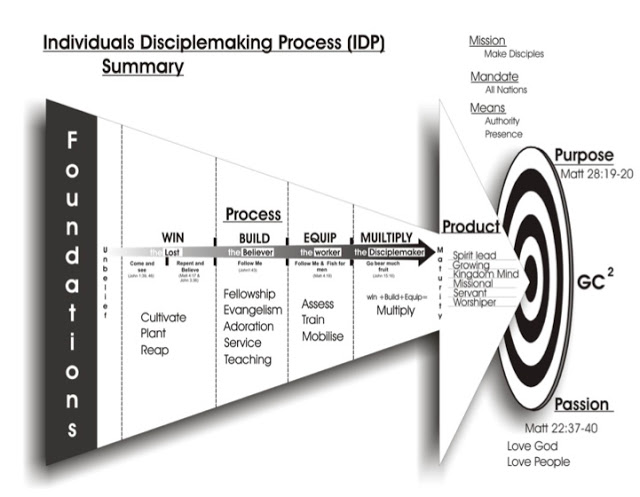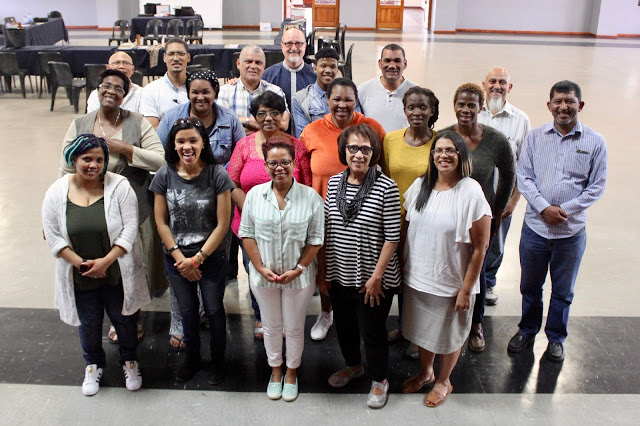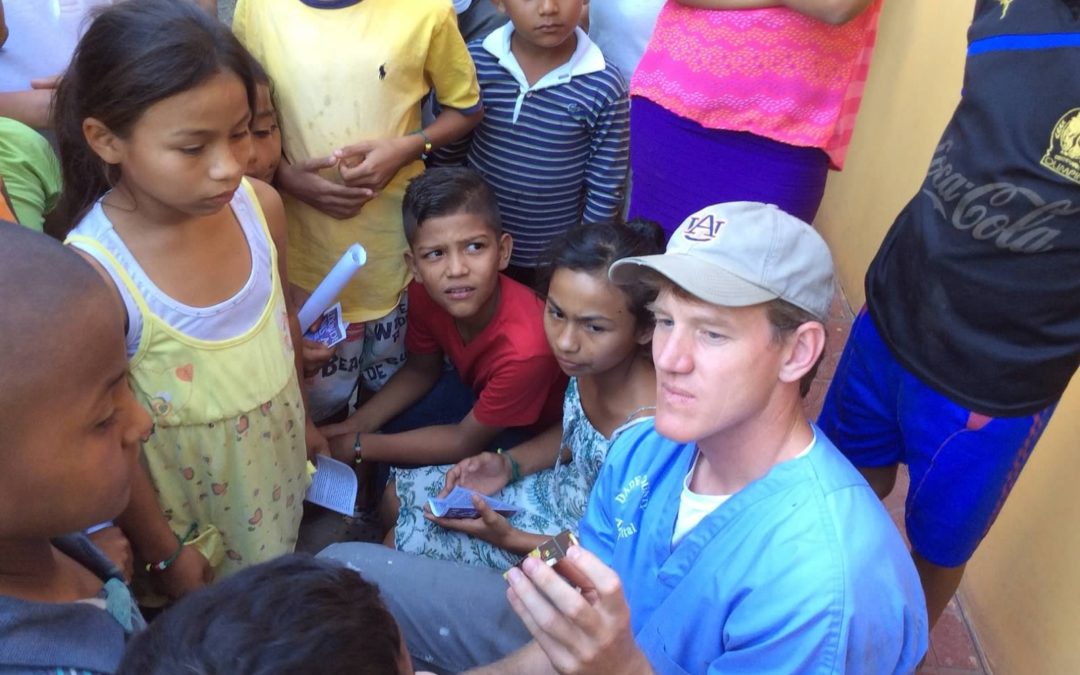
As clear as…
various partners in the Gospel, we thought it might be of value to us all to
answer them collectively.
four modules which we are teaching to individuals selected from both clergy and
laity in each of the 28 Dioceses in the Anglican Province of Southern Africa. Strategy
explores the ministry of Jesus as recorded in the four Gospels as a model for disciple-making
and tracks an individual’s growth from unbelief or immaturity to maturity in
Christ. This is best illustrated using the diagram below.
the Great Commandment to love God with our entire being and to love our neighbours
as ourselves. Without this love, the motive for making disciples will be faulty
and, barring the gracious intervention of the Lord, will end in failure.
the Great Commission to show that the reason the church exists on earth is for
us to make disciples. Jesus’ final command to His followers was for them to
make disciples of all nations…disciples who would make disciples who would make
disciples. Jesus said that those who believe in Him would do what He did and
even greater things than He did – as Jesus’ main focus was on training 12 men
and a group of women to do what He did, we believe that this ought to be the
focus of the Church as well.
the general progression of an individual from unbelief or immaturity to
maturity. This loosely follows the 4 chair Discipling model of Dann Spader (see
here: http://4chairdiscipling.com/).
We discuss how one wins the lost, builds the believer, equips the worker, and
multiplies disciplemakers.
the qualities of a fully discipled person so that we have a clear picture of
what we are aiming at when walking with a person to bring them to the point of
maturity in Christ. This is important as if we have no measure or nothing to
aim at we will not know when we have reached our goal and when it is time for
us to leave our disciple to make another disciple. If too soon, our disciple
may not imitate us in making other disciples. The idea is based on 2 Timothy
2:2 where Paul encourages Timothy to entrust what he had learned from Paul to
faithful followers who will be able to teach others also.
helps put more meat on the bones of the initial training. This is followed-up
with various articles, studies, and other helpful tools and resources on disciple-making.
We stay in touch with all trainees via email and telephone calls. Each trainee
also receives a link to the Dann Spader videos which are freely available in
his website (see link above). We also encourage trainees to obtain a copy of
Dann Spader’s book 4 Chair Discipling which is available for a minimal fee…at
least one copy for each Diocese if individuals cannot afford their own personal
copy.
all 28 Dioceses. Foundations indentifies six key priorities based on Jesus’
dsiciple-making ministry. Vision focusses on helping leaders define their
calling, grow in godly character traits, and develop their unique competencies
as leaders. Multiplication identifies different stages of Jesus’ ministry and
how He grew an effective movement of disciple-making that ultimately changed
the world.
program-based focus to an external, other-person-centred focus. It is also a
shift from a clergy-centred model to a every follower model and the goal is to
have churches filled with active and mature disciple-makers rather than passive
receivers.
training folks we call “faculty” – trainers of trainers. The next step is to
assist these faculty members in training Diocesan teams. The third step is to
have the Diocesan team members train parish teams. The final step is to have
parish teams train every parishioner in cell/small/Bible Study groups and/or
Sunday School classes.
all trainees have access to the internet, especially those in rural areas, but
for the most part that is, at present, more the exception than the rule. Once
we begin to make inroads into Dioceses such as Namibia, Angola, and Niassa
(northern Mozambique) this may change. Follow-up from a distance is difficult
enough but not having email access makes it even more difficult, but hopefully
each Diocese will eventually have their own select individuals who would be
able to do that part of our work on the ground, so to speak.
Right now, distance and lack of proper funding makes this problematic, but not
impossible. We are praying about the possibility of purchasing our own vehicle
so that we can travel to more remote areas without having to rent a suitable
vehicle at great cost. Louise and I are used to “roughing it” and we have our
own tent and camping equipment, so accommodation is generally not an issue.
are present and can arrange the more practical side of things such as
accommodation, transport, and meals. They are appointed by the Bishop of the
Diocese and report to them. We have an annual coordinators meeting where we
encourage them to give us feedback so that we might work out a way to help them
better in the future. The last coordinator’s meeting was overwhelmingly positive
for which we are grateful. The coordinators are beginning to see the value of
disciple-making and folks are excited and filled with anticipation for what lies
ahead.
accommodate those who, for various reasons, could not make the Friday
(working laity) or Sunday (clergy or lay ministers) sessions. This is tricky as
there are only two of us and separating laity from clergy is not always the
best thing to do, so we try to persuade employed folks to take a day off or for
clergy to arrange for someone else to take their services.
Generally speaking the folks from poorer and/or rural Dioceses tend to have a
lower level of education than those who live in cities. For the time being, our
training is limited to the Province of Southern Africa, although we are not
opposed to training in other Provinces. We would love to train our Ethiopian
brethren some day and perhaps we could do that when we go to the graduation in
June 2018.
Thank you once again for your participation in the Gospel! We simply cannot do
this without you.




